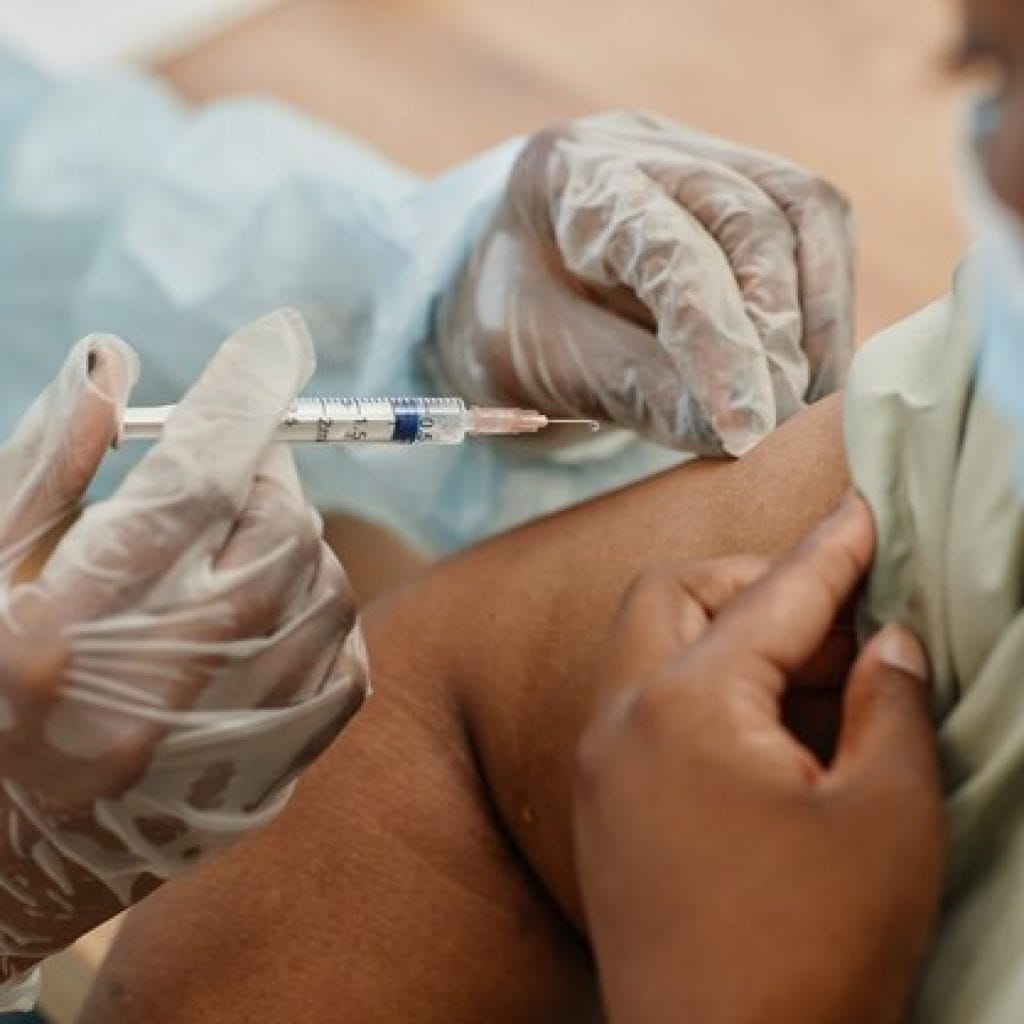The declaration followed recommendations by the WHO Regional Verification Commission for Measles and Rubella Elimination, which met in Johannesburg in October.
In a statement, WHO said the three island states have interrupted endemic transmission of both viruses for more than 36 months, while maintaining surveillance systems capable of rapidly detecting and containing imported cases.
WHO Regional Director for Africa Mohamed Janabi called the achievement a major public health milestone.
“It shows what’s possible when countries put prevention first and make vaccines a priority,” he said, urging African states to build on the progress so that “every child grows up healthy and protected.”
Health officials credited the success to long-term immunization strategies, including periodic mass vaccination campaigns.
Cabo Verde last confirmed a measles case in 1999 and a rubella case in 2010, according to WHO.
Mauritius has not reported measles since 2019, with all suspected infections subsequently ruled out.
Seychelles contained its last measles outbreak in 2020 and has recorded no rubella cases since 2016.
With this progress, the three island nations join 133 countries globally verified to have eliminated measles and rubella.
Both diseases are highly contagious airborne viruses preventable through vaccination. Measles can cause severe complications, especially in young children, while rubella infection during pregnancy can lead to irreversible birth defects.



